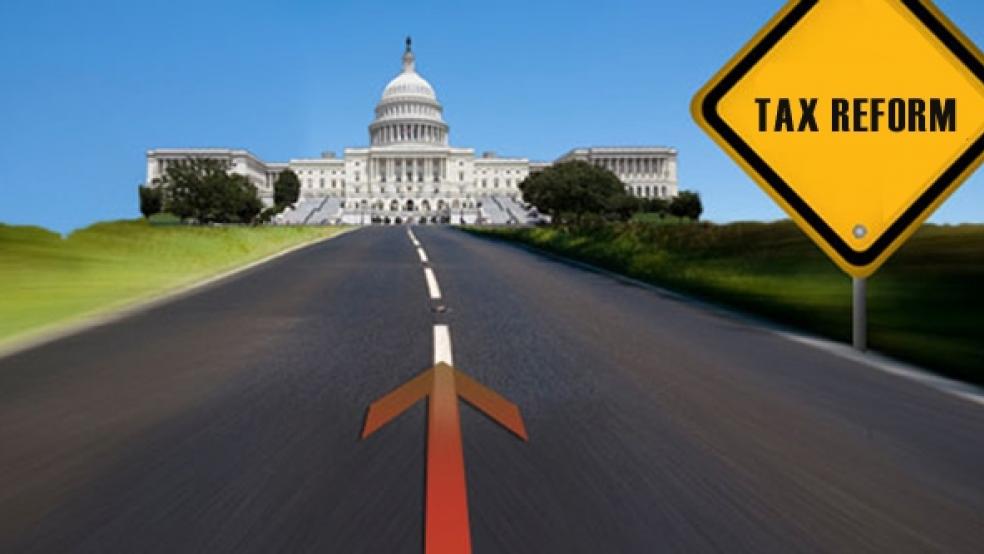Everywhere you look nowadays – from the U.S. Congress to European capitals – fiscal experts are pressing to stop what they see as tax evasion by multinational corporations. The respected Organization of Economic Cooperation and Development has a phrase for this errant behavior – base erosion and profit shifting, or BEPS.

The consequences of BEPS are under active debate from the United Kingdom to Zambia. Even the Republican chairman of the Ways and Means Committee, the tax-writing committee in the House of Representatives, recently held a hearing [June 13] about revenue losses associated with such tax avoidance schemes. President Obama will discuss the issue with fellow leaders of major nations at the G-8 Summit in Belfast next week [June 17].
Many of BEPS’s goals are laudable such as the need for more transparency about how much in taxes major companies are actually paying to various countries. Corporations shouldn’t be assessed for the same income twice, which unfortunately happens too often. Complete escape from taxation is also a bad outcome unless a government specifically enacts tax breaks as a way to attract capital or jobs.
Yet the movement can go too far if it threatens what we should all see as a major objective of effective tax policy: economic growth.
Some advocates of BEPS merely hope to find ways to compel multinationals to pay more taxes, especially to developing nations that desperately need the cash. In a few cases, that is exactly what should happen. But tax benefits were enacted in many of these countries to attract the jobs and capital that multinational corporations bring. Eliminating tax incentives because of a well-intentioned but belated plea for “fairness” can be shortsighted and potentially harmful to these struggling economies.
Corporations that would not have otherwise located in such risky places might decide to exit if their taxes are suddenly raised. This would do more harm to these countries than extra tax revenue would solve.
Moreover, BEPS would do little more than slice up the existing pie of economic activity and does nothing – in fact, can run counter to – the objective of creating jobs and spurring the formation of new businesses.
Tax policies go right to the heart of national economies. Structured properly, tax regimes can bolster job growth and improve international competitiveness. Designed haphazardly – or revised prematurely – tax policies can discourage both. Such abrupt alterations in tax policy – especially those dictated from outside of a sovereign capital – are what BEPS policies can – but should not – portend.
Governments should be free to work as hard as they can to encourage economic growth and development. They should also have the powers they need to police tax abuse and evasion. But they shouldn’t be forced to concentrate their efforts on merely reordering the tax revenue that’s currently available, especially by international fiat.
They should be allowed instead to provide incentives that expand the possibilities for revenue collection by growing their economies. They may – and probably will – decide to make sure those actions are both fiscally responsible and locally appropriate. But that, again, should be their choice, not outside “experts”.
An excellent model for such incentive-setting is former President George W. Bush’s Millennium Challenge goals from earlier this decade.
The program was set up to create incentives for governments to do better. Aid was offered to selected nations if they scored well on a long list of standards ranging from civil liberties to rule of law. The goals also included several growth-related standards such as a dynamic fiscal policy and incentives for business start-ups.
Congressional and European policymakers should consider a similar system even as they fight against meritless tax avoidance. Many developed nations lately are on an austerity kick around the globe. Let’s not compound that tendency by extending the trend to international taxation. Given the choice between carrots and sticks, carrots are much preferred when it comes to tax policy.
Daniel A. Witt is president of the International Tax and Investment Center, which has been working on tax and economic reforms in developing countries since 1993.





